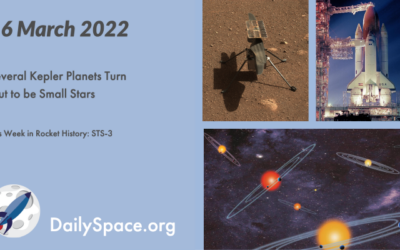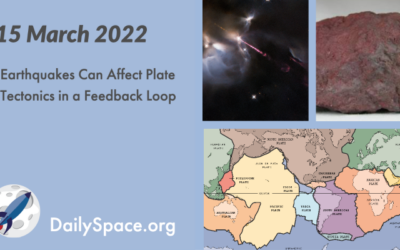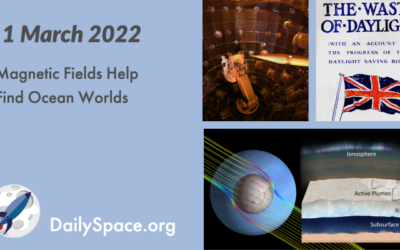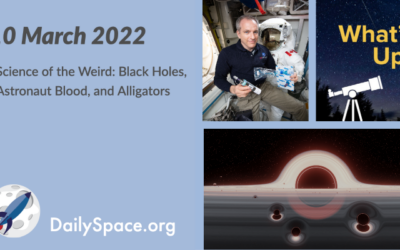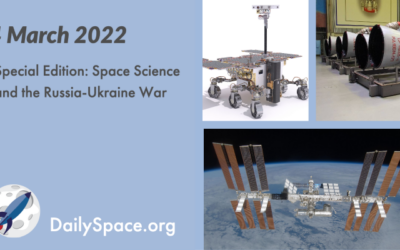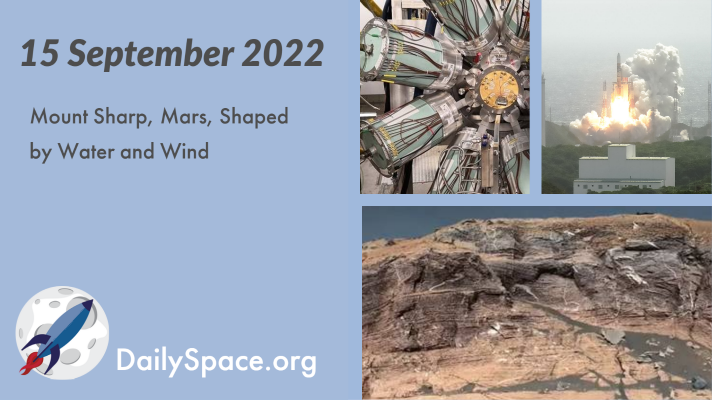
Mount Sharp, Mars, Shaped by Water and Wind
Data and images from NASA’s Curiosity rover found evidence that wind played a key role in erosional processes on the red planet, despite the lower atmospheric volume. Plus, astrophysics and cosmology news, a baby exoplanet, and this week in space history, we look back at an uncrewed lunar mission from Japan.
Catch us on NowMedia TV
Saturday 11pm Central / midnight Eastern
Sunday 10pm Central / 11pm Eastern
Watch live on these stations: Houston 21.10, Atlanta 22.10
or tune-in on Apple TV, Roku, YouTube Live, or Amazon Prime
Several Kepler Planets Turn Out to be Small Stars
Using updated stellar measurements based on new data from the Gaia mission, three (and possibly four) Kepler exoplanets are actually small stars, but it’s unlikely new calculations will reveal many more such issues. Plus, Ingenuity, astronauts, permafrost, and This Week in Rocket History, we look back at STS-3 and the first use of the Canadarm.
Earthquakes Can Affect Plate Tectonics in a Feedback Loop
Researchers studying GPS data collected from the 1999 İzmit earthquake in Turkey found that the quake changed the movement of the plate, and this effect may be possible for other tectonic plates. Plus, more pretty images, starspots merging, melting Arctic sea ice, and minerals on Mars.
Magnetic Fields Help Find Ocean Worlds
Researchers have determined how to effectively measure the magnetic fields at Neptune to determine if any of the moons are ocean worlds… in just twelve minutes. Plus, lasers recreate galaxy cluster conditions, some mind-bending new math, how the Earth’s crust developed, and a look at the long history of Daylight Saving Time.
Science of the Weird: Black Holes, Astronaut Blood, and Alligators
Today’s science stories run the gamut of the strange and the weird, with several black holes, the effects of space on astronaut blood cells, and how alligator mating dances added to solar science. Plus, this week’s What’s Up helps you choose binoculars for sky gazing.
Happy 20th Birthday to Hubble’s ACS Instrument!
The Advanced Camera for Surveys instrument onboard the Hubble Space Telescope is celebrating twenty years of service this week. Plus, a new look at an old lunar rock, gas rings around an aging star, all the rockets from around the world, and this week in rocket history, we look back at the 1962 Orbiting Solar Observatory, led by Nancy Grace Roman.
Special Edition: Space Science and the Russia-Ukraine War
Today we’re going to discuss the repercussions to space science of Russia’s invasion of Ukraine. Some people may find this subject upsetting, and if you need to skip this episode, we understand. We’re going to take a look at Roscosmos and how space corporations and nations are imposing sanctions that impact how, when, and what we send to space.


 We record most shows live, on Twitch. Follow us today to get alerts when we go live.
We record most shows live, on Twitch. Follow us today to get alerts when we go live.

